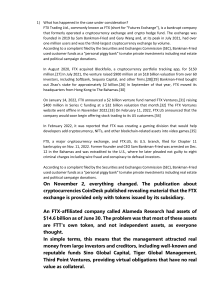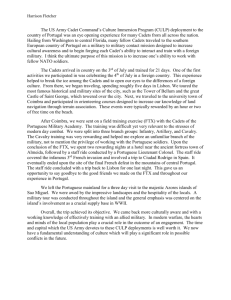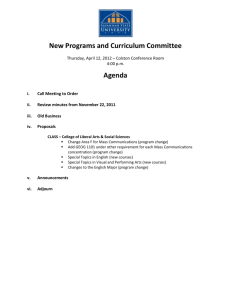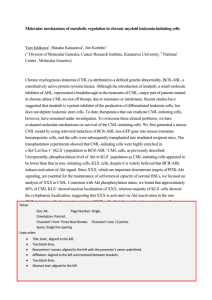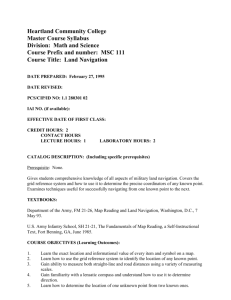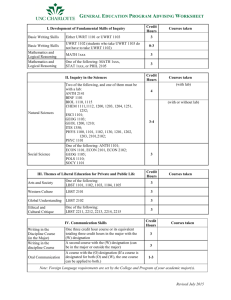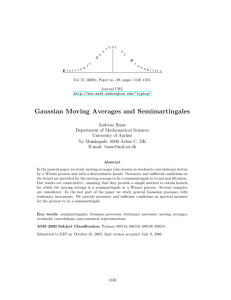CML 1223 (A – D – E) - Principles of Legal Research
advertisement
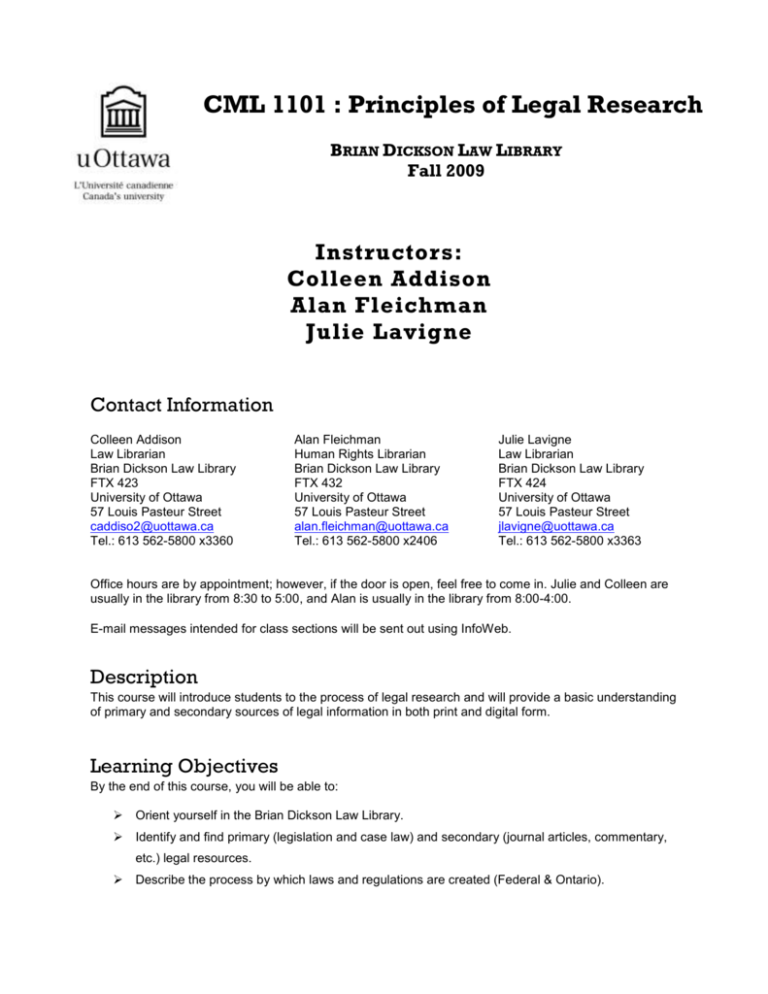
CML 1101 : Principles of Legal Research BRIAN DICKSON LAW LIBRARY Fall 2009 Instructors: Colleen Addison Alan Fleichman Julie Lavigne Contact Information Colleen Addison Law Librarian Brian Dickson Law Library FTX 423 University of Ottawa 57 Louis Pasteur Street caddiso2@uottawa.ca Tel.: 613 562-5800 x3360 Alan Fleichman Human Rights Librarian Brian Dickson Law Library FTX 432 University of Ottawa 57 Louis Pasteur Street alan.fleichman@uottawa.ca Tel.: 613 562-5800 x2406 Julie Lavigne Law Librarian Brian Dickson Law Library FTX 424 University of Ottawa 57 Louis Pasteur Street jlavigne@uottawa.ca Tel.: 613 562-5800 x3363 Office hours are by appointment; however, if the door is open, feel free to come in. Julie and Colleen are usually in the library from 8:30 to 5:00, and Alan is usually in the library from 8:00-4:00. E-mail messages intended for class sections will be sent out using InfoWeb. Description This course will introduce students to the process of legal research and will provide a basic understanding of primary and secondary sources of legal information in both print and digital form. Learning Objectives By the end of this course, you will be able to: Orient yourself in the Brian Dickson Law Library. Identify and find primary (legislation and case law) and secondary (journal articles, commentary, etc.) legal resources. Describe the process by which laws and regulations are created (Federal & Ontario). Find legal information in a variety of formats. Recognize legal citations and legal abbreviations. Demonstrate and apply practical skills in legal research methodology. Course Material No text is required for purchase. Recommended readings are listed below in the “Weekly outline” table. Legal Research Manual – available through the course’s wiki at: http://legalresearchprinciples.pbworks.com/Legal+Research+Manual These items may be borrowed from the Brian Dickson Law Library: Maureen F. Fitzgerald, Legal Problem Solving: Reasoning, Research & Writing, 4th ed. (Toronto: LexisNexis Butterworths, 2007). FTX Reserve KE 250 .F57 2007 McGill Law Journal, Canadian Guide to Uniform Legal Citation, 6th ed. (Toronto: Carswell, 2006). KE 259 .C353 2006 [three copies in FTX Reserve and three copies in FTX Reference] Douglass T. MacEllven & Michael J. McGuire, Legal Research Handbook, 5th ed. ed. (Toronto: Butterworths, 2003). FTX Reserve KE 250 .M324 2003 Ted Tjaden, Legal Research and Writing, 2d ed. (Toronto: Irwin Law, 2004). FTX Reserve KE 250 .T53 2004 or online through Irwin Law e-Book collection: http://lib.myilibrary.com/home.asp (browse by publisher or use the search box at the top of the page to locate this title) Course Method The course will consist of lectures and learner-centred exercises completed in class, in the computer laboratory, and online in the Virtual Campus WebCT space that has been set up for this course. Evaluation In-class and take-home exercises: 50% Major research assignment: 40% due Tuesday, December 1 at 5:00 p.m. FOR ALL SECTIONS Participation: 10% Your participation mark is based on your attendance in classes and labs, as well as the successful completion of the online Blackboard modules, and your contribution to class discussions and in-class group work. Questions are as integral to participation as are insightful comments and answers. RULES FOR THE COMPLETION OF ASSIGNMENTS 1. All assignments must be handed in class to your instructor no later than the date and time specified in the assignment. 2. All requests for extensions, as provided in the Faculty Regulations, must be processed through the office for Academic Affairs. Neither professors nor staff at the Secretariat are 2 authorized to accept late assignments. Assignments handed in late without the appropriate authorization will neither be accepted nor graded. 3. All work that is handed in must be your own. You are urged to familiarize yourself with the University Regulations on Academic Fraud, which are reproduced in the Faculty Calendar. Academic fraud will implicate the student in the University disciplinary process, which may culminate in penalties ranging from loss of credits for the course to expulsion. Academic fraud will also be reported to the Law Society of Upper Canada, which in turn may refuse admission to practice law in the province. 4. All grades on assignments are provisional only and are subject to adjustment prior to or consequent upon submission of final grades to Faculty Council for approval in accordance with the Faculty Regulations. The GPA guideline for first year courses is 6.0, or B. Weekly Schedule Colleen Addison’s groups Monday Tuesday CML 1101 B5 (FTX 102) 8:30-10:00 CML 1101 B3 (FTX 421) 8:30-10:00 Wednesday Thursday CML 1101 A3 (FTX 402) 8:30-10:00 Friday CML 1101 B2 (FTX 421) 8:30-10:00 CML 1101 A6 (FTX 359) 14:30-16:00 Alan Fleichman’s groups Monday Tuesday CML 1101 A1 (FTX 402) 8:30-10:00 Thursday Friday Thursday Friday CML 1101 B4 (FTX 102) 8:30-10:00 Julie Lavigne’s groups Monday Tuesday CML 1101 A5 (FTX 359) 8:30-10:00 Wednesday CML 1101 A2 (FTX 359) 8:30-10:00 Wednesday CML 1101 A4 (FTX 421) 8:30-10:00 CML 1101 B1 (FTX 351) 8:30-10:00 CML 1101 A7 (FTX 421) 14:30-16:00 Any changes or cancellations of sessions will be announced via e-mail (using InfoWeb) and also posted to the course wiki at: http://legalresearchprinciples.pbworks.com/Calendar+and+Announcements. Other Notes 3 Late submissions will not be accepted unless an extension has been granted. Requests for extensions must be sent to Academic Affairs. Students who require accommodations or academic support because of a physical or learning disability, or any condition that affects their ability to learn, are invited to register with Access Service: In person: UCU 339 E-mail: adapt@uottawa.ca Telephone: 613-562-5976 Web: www.sass.uottawa.ca/access/ TTY: 613-562-5214 4
